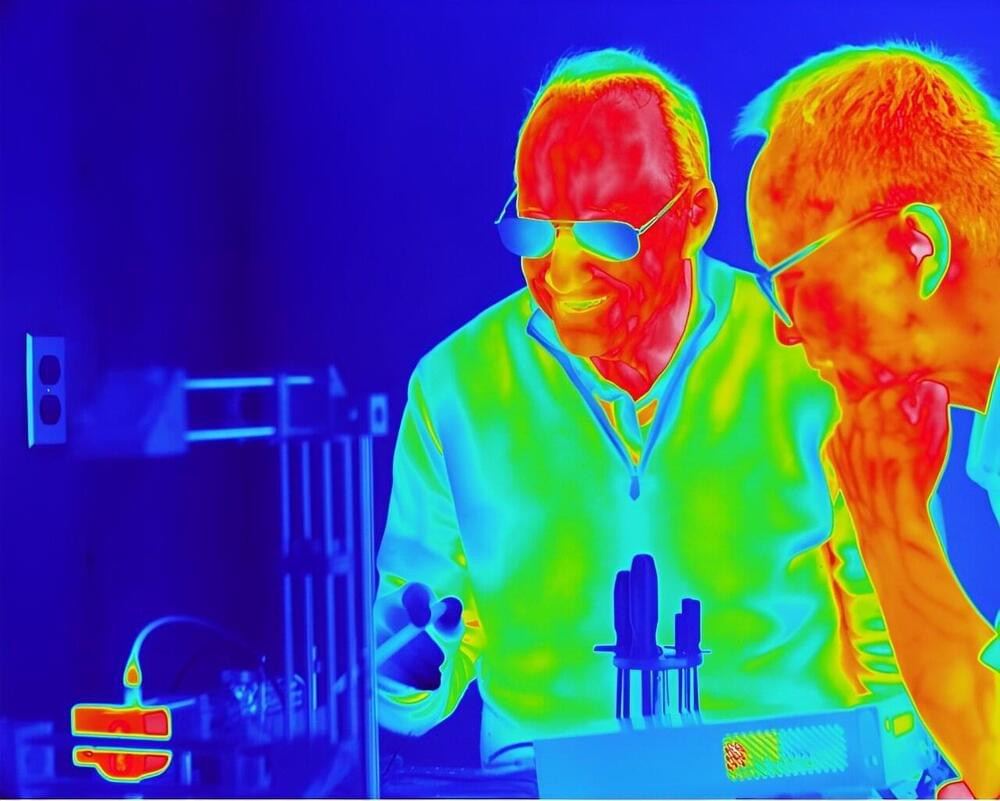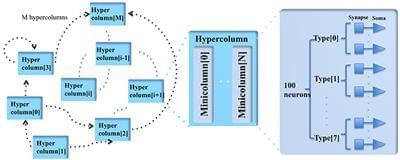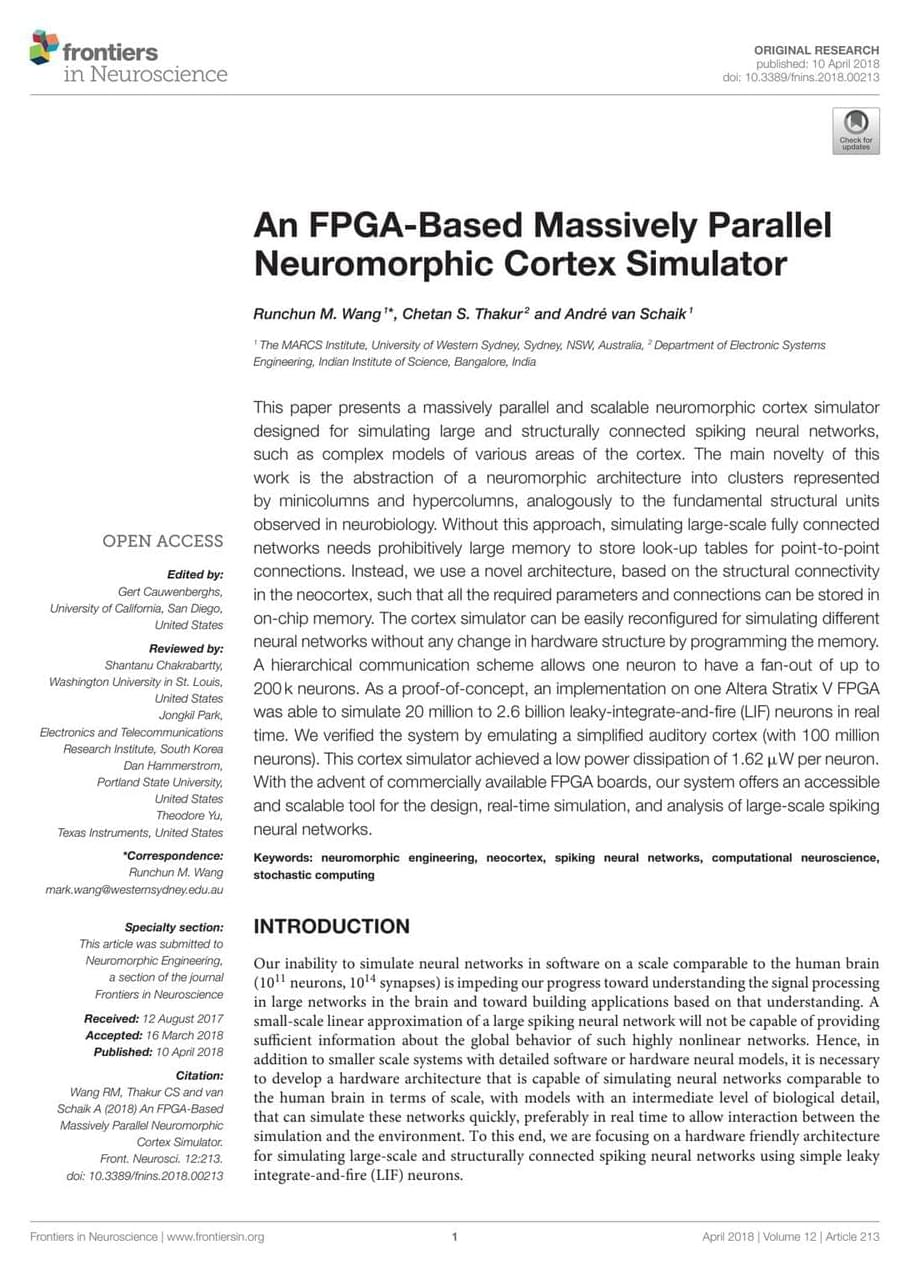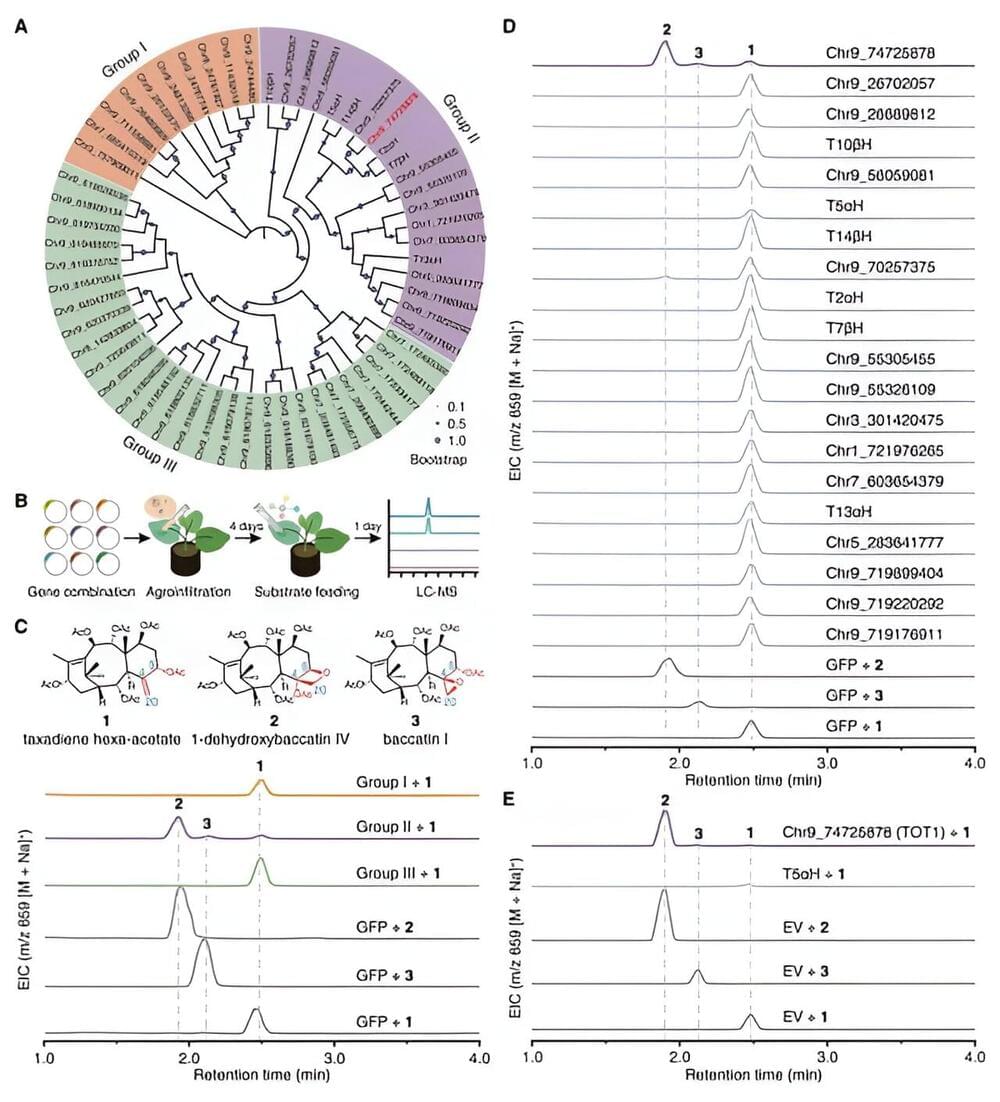A team of researchers led by the University of Massachusetts Amherst has recently found an exception to the 200-year-old law, known as Fourier’s Law, that governs how heat diffuses through solid materials.
Though scientists have shown previously that there are exceptions to the law at the nanoscale, the research, published in the Proceedings of the National Academy of Sciences, is the first to show that the law doesn’t always hold true at the macro scale, and that pure electromagnetic radiation is also at work in some common materials like plastics and glasses.
“This research began with a simple question,” says Steve Granick, Robert K. Barrett Professor of Polymer Science and Engineering at UMass Amherst and the paper’s senior author. “What if heat could be transmitted by another pathway, not just the one that people had assumed?”








